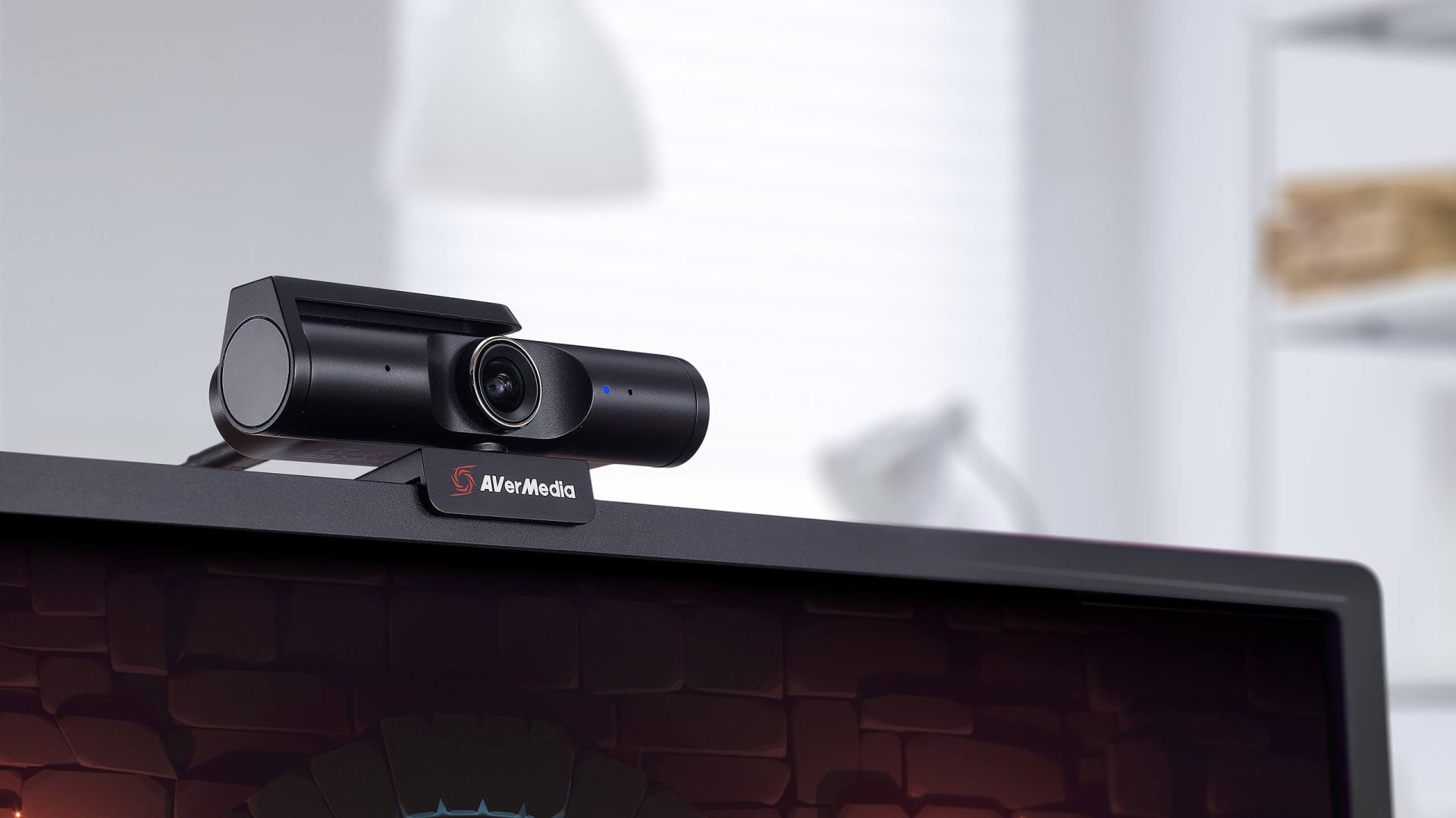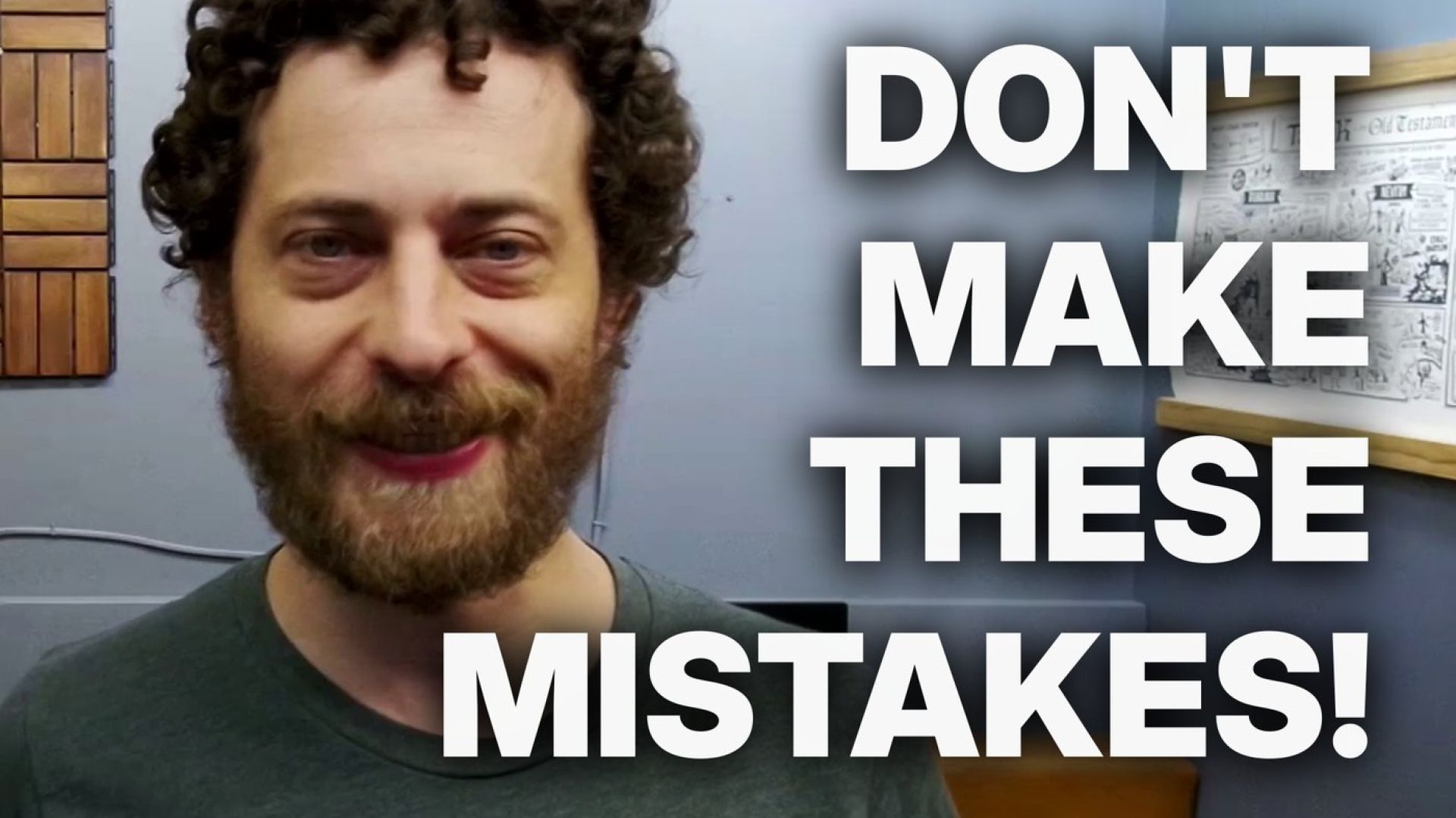
Watch Me Craft INTERVIEW Questions for a Deep Dive Podcast
In this post, I want to share how I craft starter questions for a previous podcast conversation. This is for you if you're a podcaster or interviewer and want to be more effective at creating questions for an engaging conversation. Watch the video for the full work session and insights.

Below, is a checklist (generated by Google Gemini after analyzing the video transcript) for anyone researching content to prepare for a compelling interview:
Crafting Compelling Interview Questions: A Research Checklist
When you're preparing for an interview, the goal is to create a conversation that's both insightful and engaging. Use this checklist as you dive into your guest's content to develop questions that will spark a truly compelling discussion.
1. Understand the Core Message
- Identify the central thesis or main argument of the content. What is the author trying to convey?
- Pinpoint the key terms or concepts introduced. Are there any unique definitions or frameworks?
2. Connect with Your Curiosity
- Note what personally resonates with you in the content. Why does it stand out?
- Identify areas where you're genuinely curious to learn more. What unanswered questions do you have after reading?
- Determine what surprised you or challenged your existing beliefs.
3. Seek the "Edges" and Unique Angles
- Look for "sharp edges" – points of tension, strong opinions, unexpected statements, or paradoxes. These often lead to deeper discussions.
- Uncover unique experiences or rare insights the author shares. Are there personal anecdotes, specific events, or unusual perspectives that set their work apart? These are often more compelling than common themes.
- Explore connections to broader societal or cultural contexts. How does the content relate to current events or ongoing discussions?
4. Probe for Deeper Understanding
- Challenge assumptions or implications within the content. What might be the unseen consequences or underlying beliefs?
- Consider what the author didn't explicitly state or expand upon. Are there areas that feel underdeveloped that you could prompt them to explore further?
- Look for questions the author poses within their own writing. These are often great starting points for your interview.
5. Expand the Conversation
- Identify how you can add new layers or perspectives that weren't fully explored in the original content. Can you introduce related ideas, different viewpoints, or external passages that connect?
- Think about how the content relates to your audience. What questions would they want to ask?
- Consider the evolution of the author's ideas. Has their thinking changed over time, especially if they discuss "old" versus "new" perspectives?
6. Structure Your Questions
- Draft initial questions for each identified area of interest.
- Think about the logical flow of your questions to create a cohesive conversation arc.
- Prioritize key questions that are essential for the interview, and have additional questions ready as backup or for unexpected turns in the discussion.
By following this checklist, you'll be well-equipped to move beyond surface-level discussions and facilitate a truly engaging and insightful interview.







